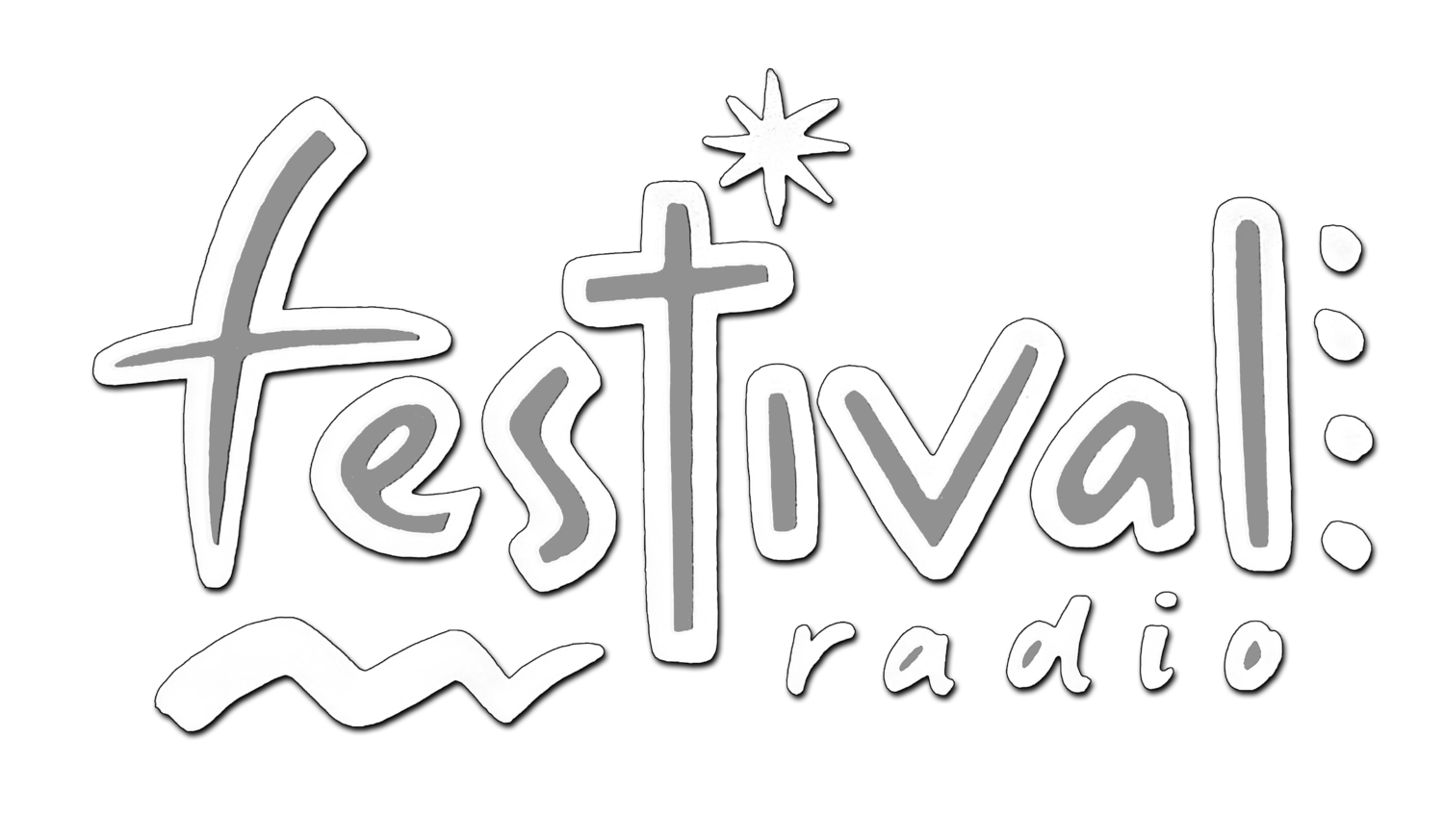Dew Drop
Festival Radio co-conspirator Eugene Perera and I had done time as teenage pirate radio operators (anoraks) in early to mid 80s South London. We’d been involved in campaigns to ‘free the airwaves’ that looked set to see dozens of grassroots community and student radio stations licenced. Simmering political tension in London and other major cities gave the Conservative Government of the day cold feet. There was muttering about the ‘wrong sort of people’ obtaining broadcast licences and inciting unimaginable misbehaviour as a result. The law changed in 1989, making pirate radio a criminal offence - but with the vague promise of new radio licences in the decade ahead for those that gave it up. The new law also threatened a five year ban on working on legal radio. It’s worth pointing out that as soon as our generation of pirates shut down, tempted or simply intimidated by Government diktat, a new wave emerged who didn’t give a flying fuck... and urban pirate radio exploded like never before!
By the end of the 80’s, I’d just finished a broadcast journalism course and was doing a bit of freelance work while Eugene was about to hang up his headphones in order to avoid prosecution - having run a pirate station while studying at the University of Sussex. Was it time to get a proper job? What to do? We drank for several hours in the garden of the famously punk Dew Drop Inn in New Cross, pondering how to find a way around the new law. At nearby Goldsmiths’ College library, I’d uncovered a wireless public address licence that bypassed the IBA, the broadcast regulator of the day, issued directly by the Home Office. After the fifth or sixth pint, we were convinced we’d found the answer. Full of it, we set off to the legendary Gordon’s bar at The Embankment to hook up with recent graduates from my journalism course. I was convinced they’d be so impressed that they’d join us for an all night celebration. They weren't and didn’t.
A few weeks later, our application to broadcast ‘alternative and dance music with news and features across Brighton & Hove’ to accompany the 1990 Brighton International Festival… was duly rejected by The Home Office. However, in that letter was some peculiar advice. It urged us to redraw the coverage map to show that we only intended to broadcast to the gardens of the Royal Pavilion and to ensure that the transmission would not cross any major roads. Nevermind that our proposed transmitter and studio sites were nowhere near this. We shaded in the map as instructed and some weeks later a licence was duly issued. In early March, community arts organisation Same Sky let us build a tiny studio in their basement - and two months later, on the first of May 1990, Festival Radio 97.7 began broadcasting all manner of craziness.

